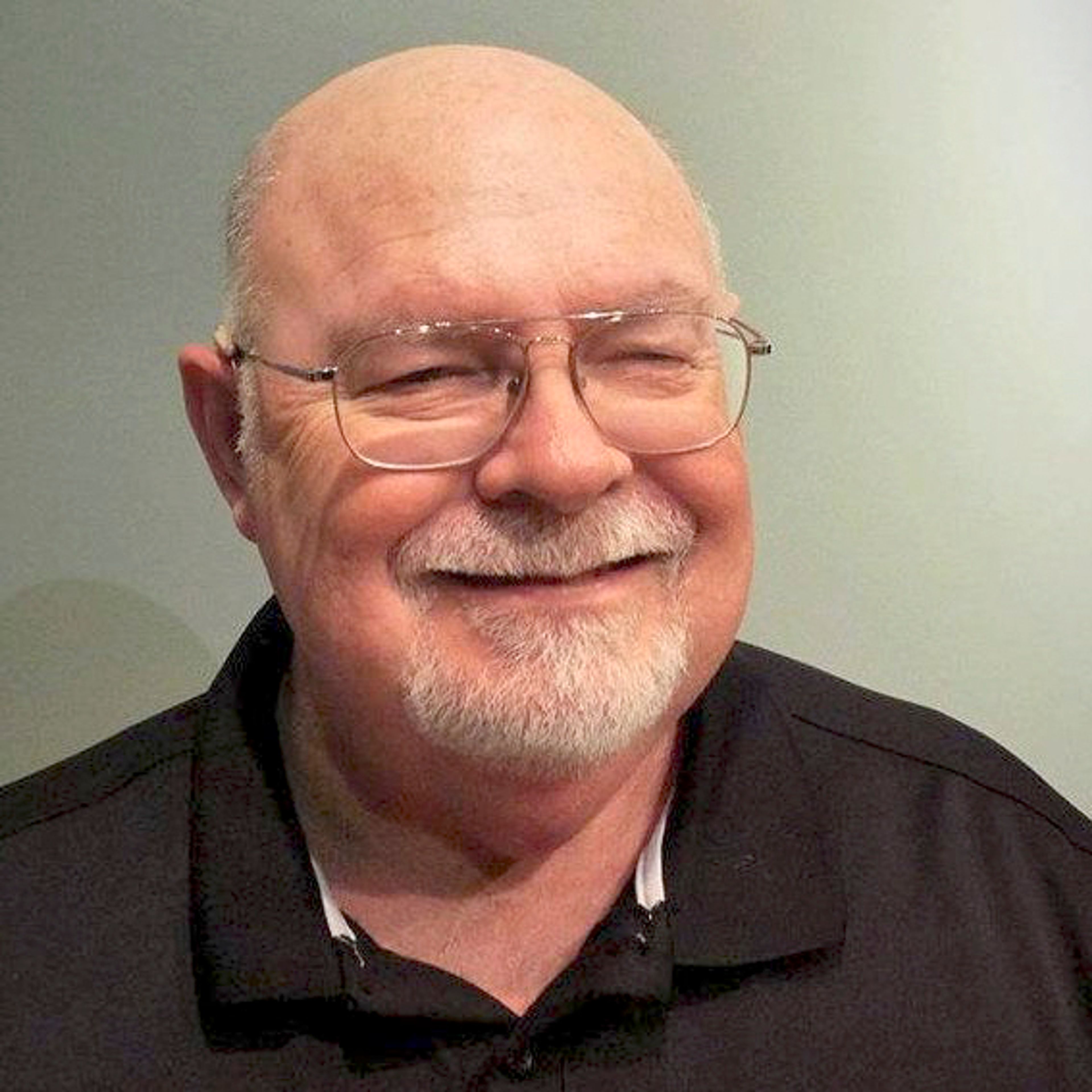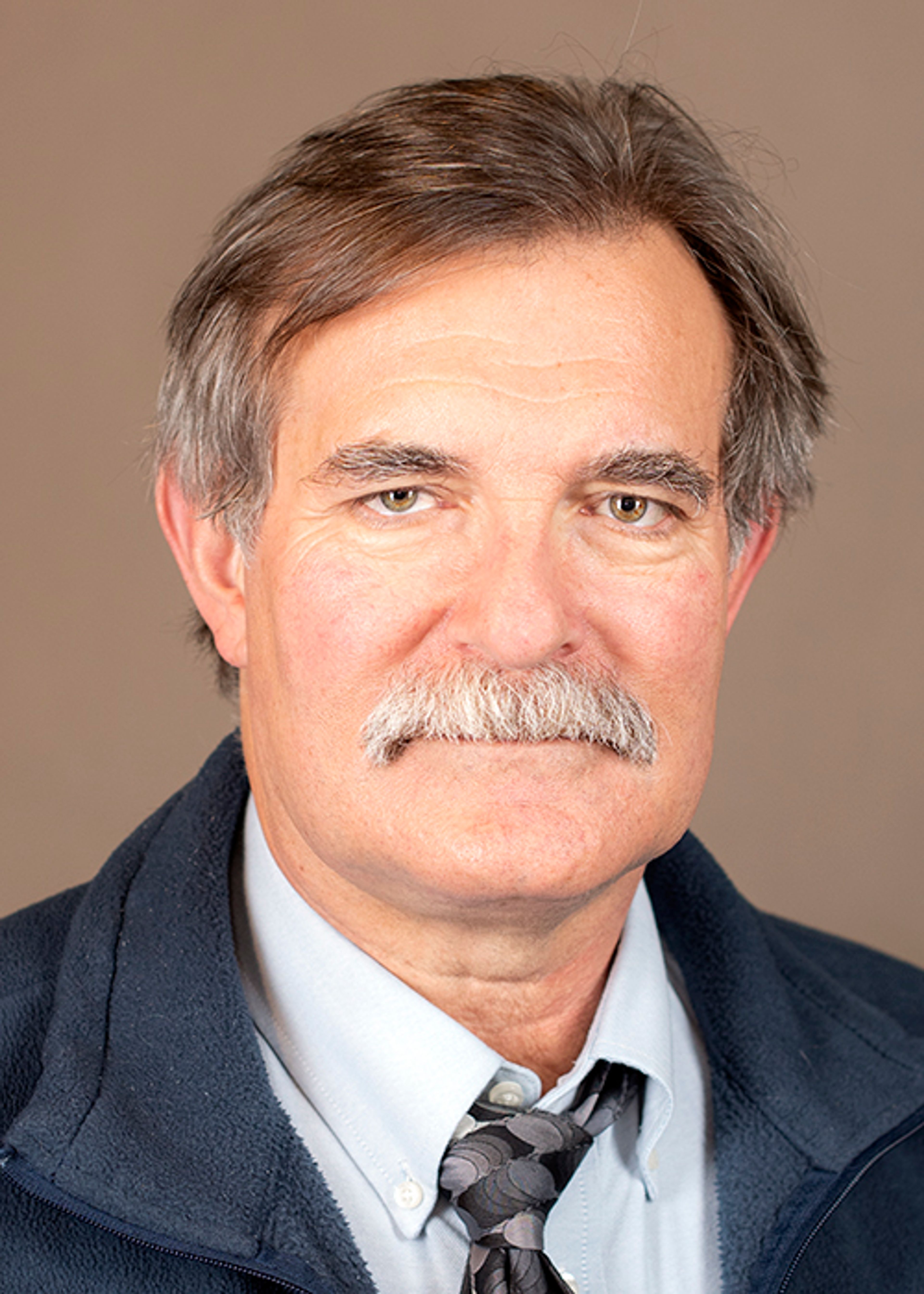As far as some lawmakers are concerned, it’s up to them to save us from ourselves.
So what if nearly 61 percent voted last fall to pass the Medicaid expansion ballot initiative.
“We don’t always let the majority make all the decisions because our Constitution is (there) to protect the rights of everybody, not just the majority,” said Rep. John Vander Woude, R-Nampa.
Added Rep. John Green, R-Post Falls, who proposed — with Lewiston Rep. Mike Kingsley’s support — a bill to repeal expansion: “Forty percent of Idahoans voted against this, and we are a constitutional republic, not a democracy.”
There it is again; that phrase — we’re a republic, not a democracy. The people choose their representatives, who apply sober, rational reasoning to the process of passing laws.
Of course, voters passed Proposition 2 after six years of watching their wiser, more polished legislators in Boise do absolutely nothing to address the plight of 62,000 low-income Idaho adults who remained without health insurance.
And what have the professional lawmakers in Boise come up with now?
How about spending more tax dollars to kick people off Medicaid?
No kidding.
Vander Woude’s plan — now pending in the House Health and Welfare Committee — subjects able-bodied adults to a mandatory requirement that they work 30 hours a week before qualifying for coverage.
Based on its Supplemental Nutrition Assistance Program — which overlaps the Medicaid-eligible population — the Idaho Department of Health and Welfare estimates about 6,500 would refuse — or might simply lack the means — to comply with work requirement paperwork and therefore “walk away” from Medicaid coverage.
That does not mean they don’t get medical care.
It does not mean you won’t pay for it when they do.
It does guarantee, however, that the treatment they receive will not be preventive. Rather, it will be more crisis-oriented and vastly more expensive.
Here’s why: In 1986, President Ronald Reagan signed into law the Emergency Medical Treatment and Active Labor Act. From then on, no hospital that accepts Medicare could refuse treatment to anyone who lacked the ability to pay.
People in the Vander Woude-created gap would continue resorting to emergency rooms — and those hospitals would go on relying on Idaho’s public payment program. Counties will cover the first $11,000 of any claim filed by someone deemed to be medically indigent; then the state-funded Catastrophic Health Care Fund pays the rest. And unlike Medicaid, which is 90 percent federally funded, the medically indigent and CAT fund programs are 100 percent paid for by Idaho taxpayers.
The Idaho Center for Fiscal Policy estimates the CAT Fund and the county medically indigent programs will realize only 89 percent of the savings Medicaid expansion was supposed to generate.
And what about the bills the counties and CAT leave unpaid?
At some point, hospitals absorb the cost — and pass them on to people who have insurance. No less than the Idaho Association of Commerce and Industry is arguing that point.
Vander Woude also has his equation backwards. People aren’t working because they can get Medicaid. People aren’t working because they’re sick or injured. That’s what the Ohio Department of Medicaid uncovered three years ago; three-quarters of adults who obtained coverage through that state’s Medicaid expansion found it easier to look for work.
And then there’s the bane of every Republican — government bloat.
Health and Welfare says running a work requirement would cost the state $1.5 million. Some, such as Idaho Falls physician Ken Krell, believe that number is far too optimistic, given the experience in other states.
Either way, Idaho would take money from schools and government programs to make certain fewer people get better health care.
Call that yielding to Obama Derangement Syndrome.
Call it placating the Idaho Republican Party’s partisan base.
Call it a legislative temper tantrum.
Whatever it is, you can’t call it rational behavior. — M.T.








